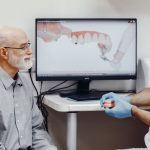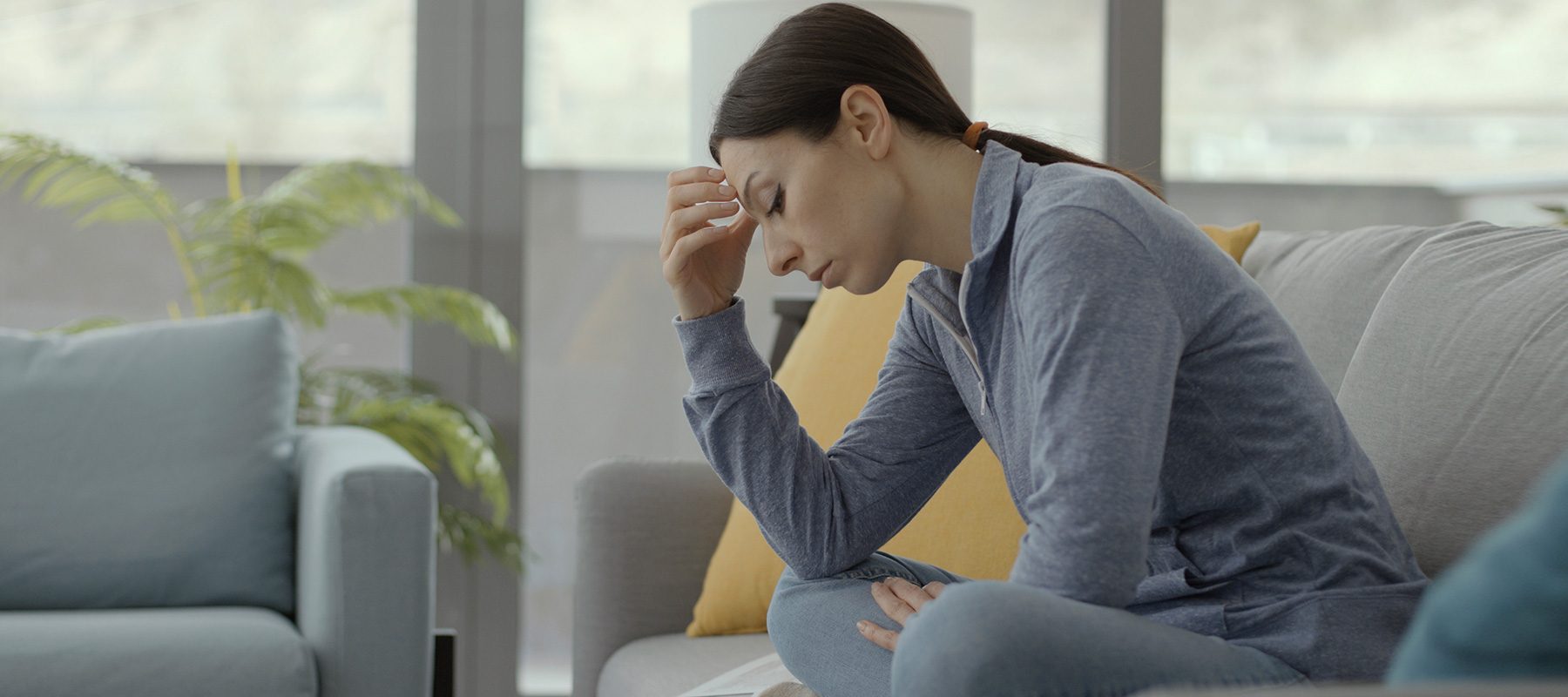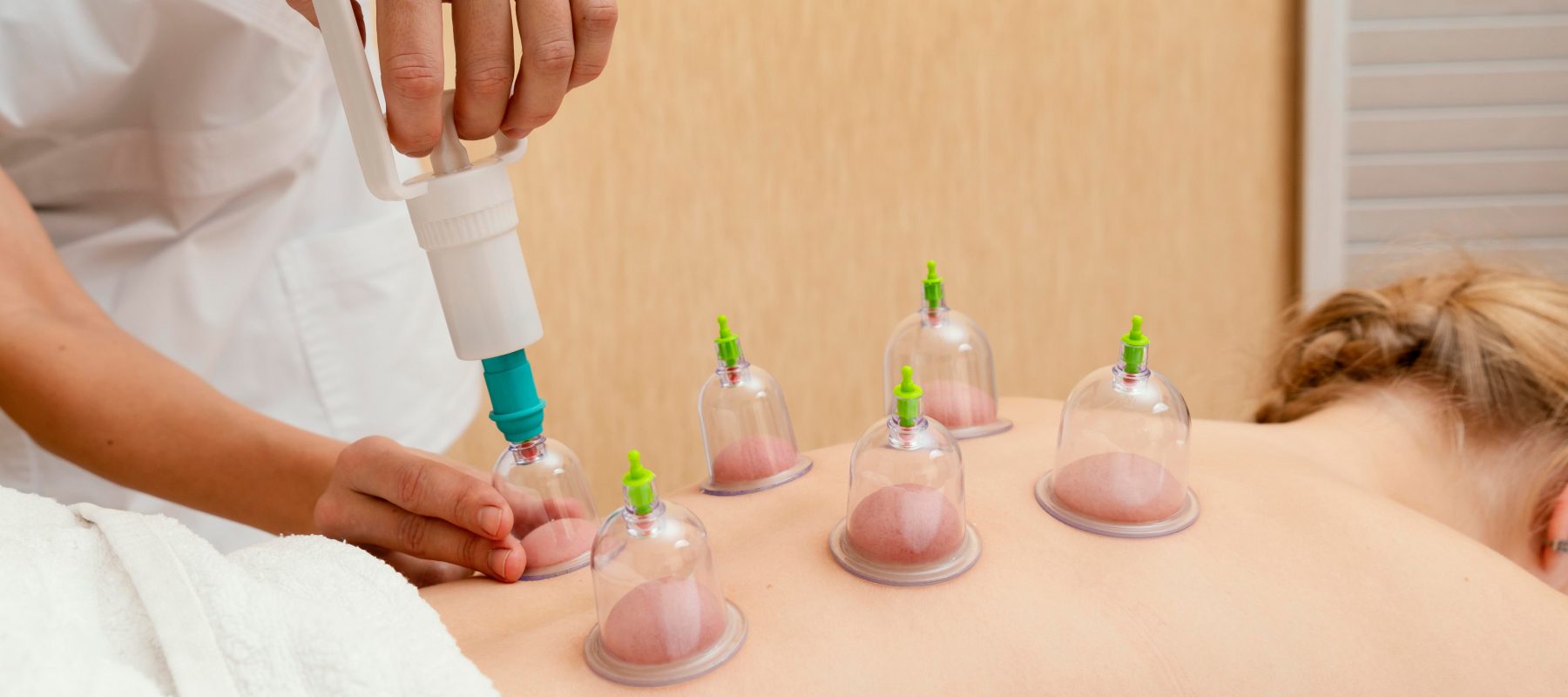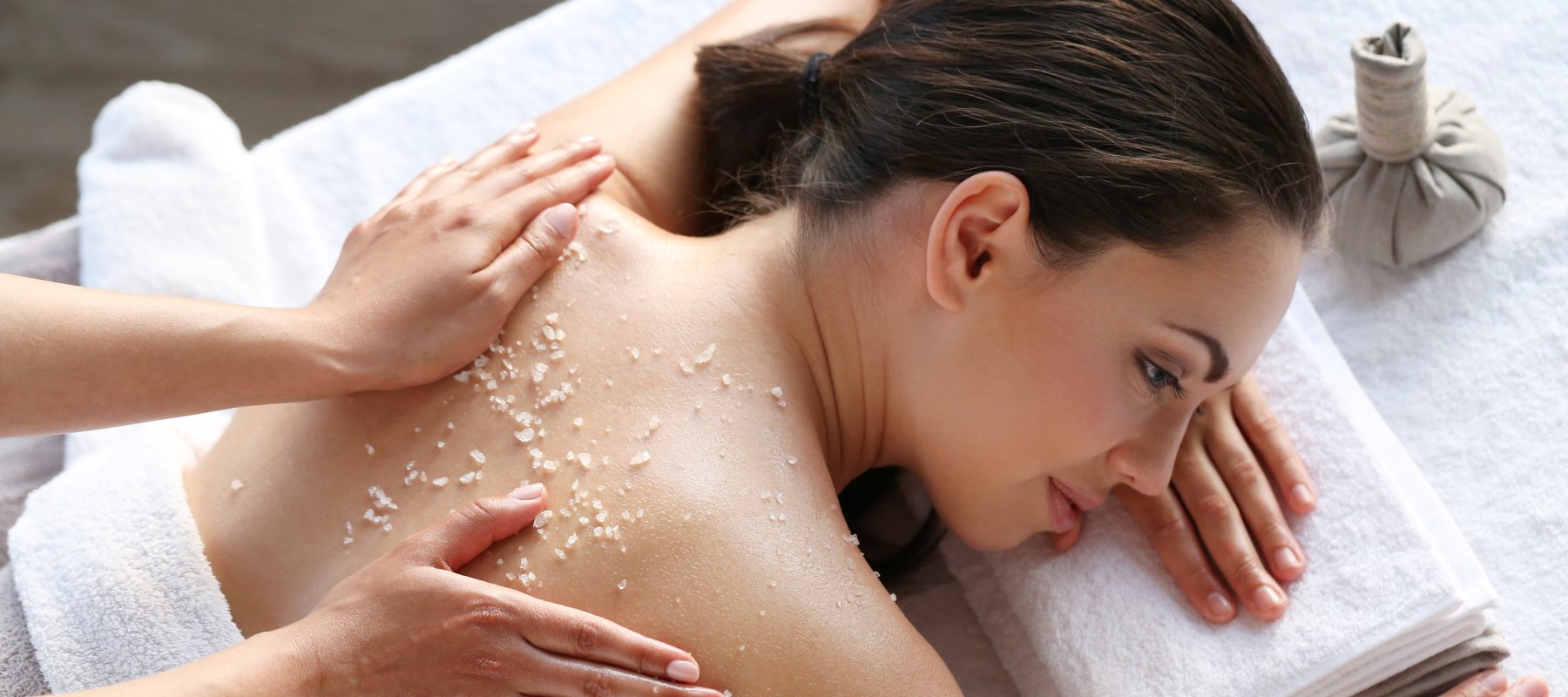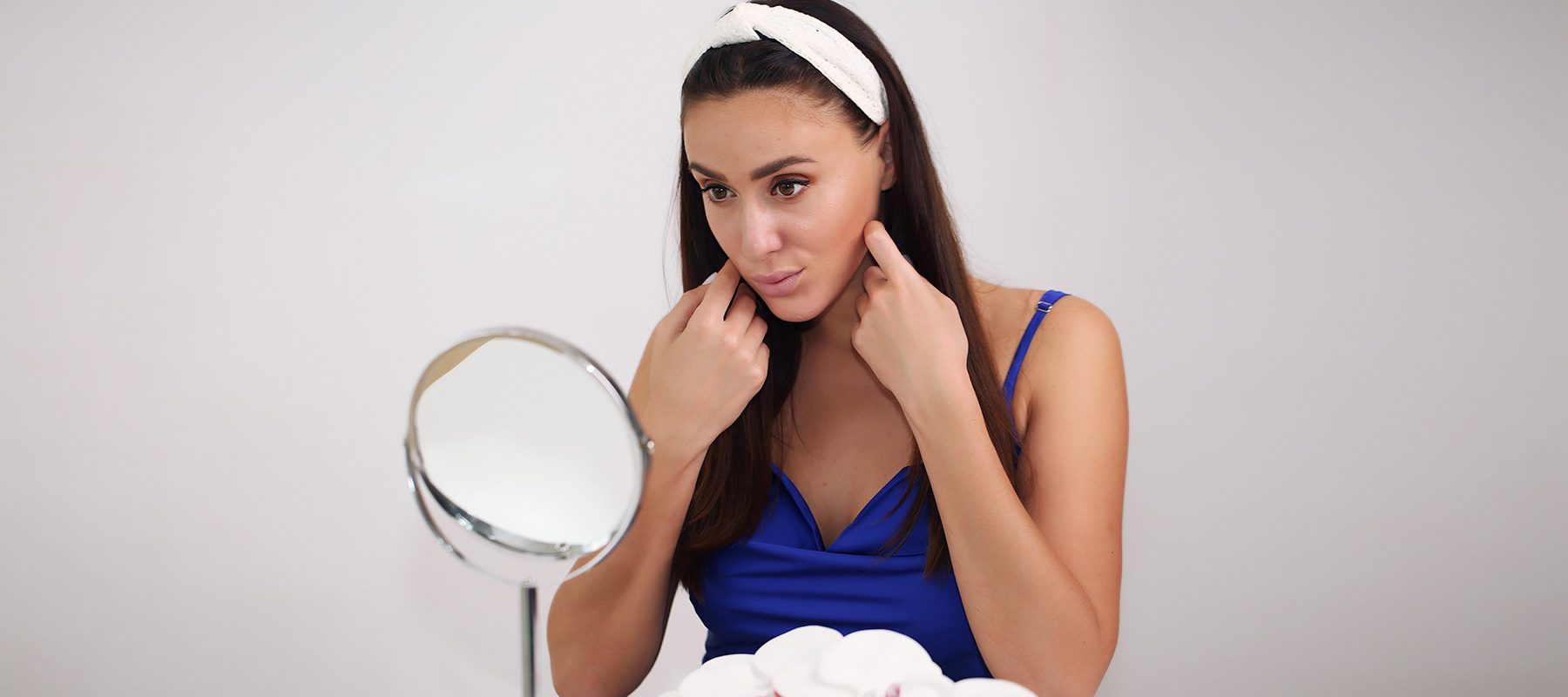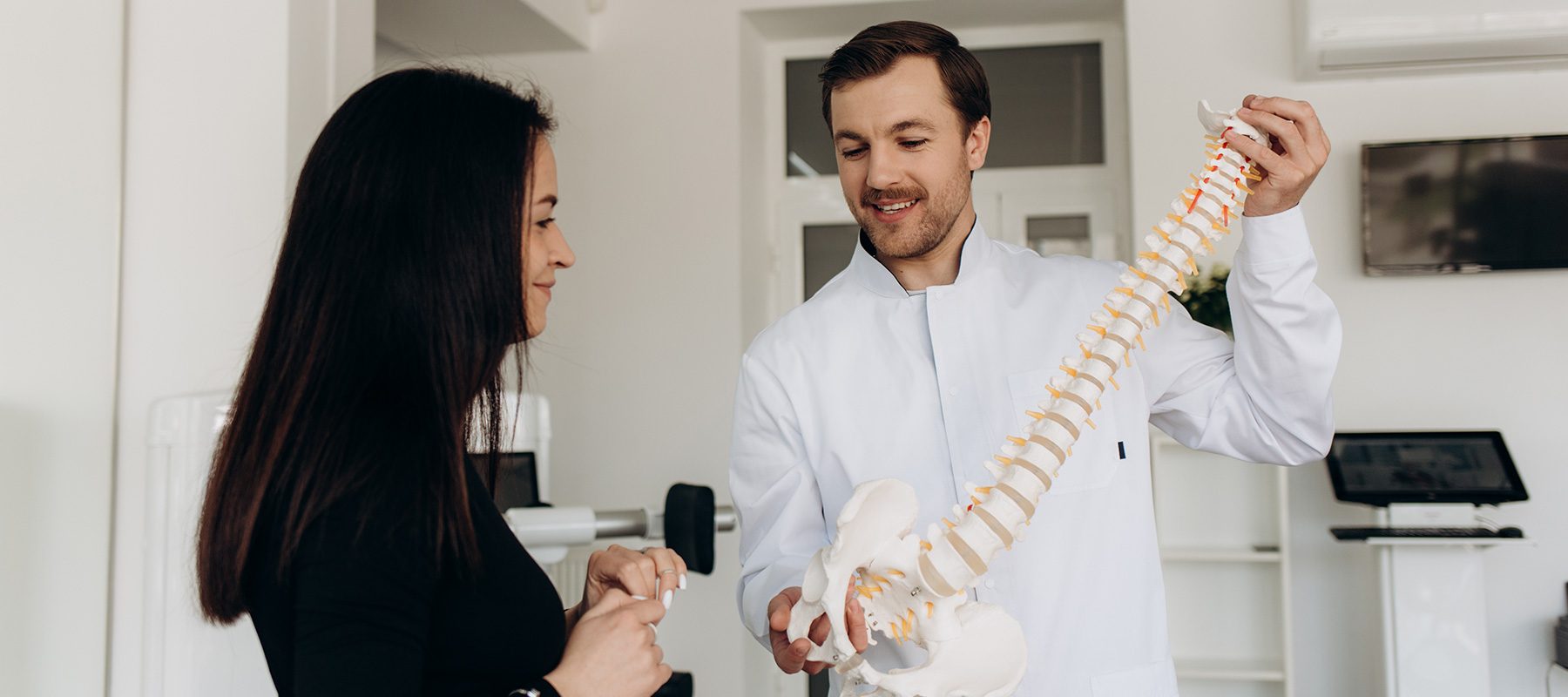According to recent survey reports, more than 13 million people in the USA suffer from anxiety disorder. A person with anxiety disorder often suffers from excessive fear, intense worry, and a weird restlessness. Most number of anxiety patients worries about completely harmless things.

Hence, here, the reason for anxiety is often irrelevant or insignificant. However, people with anxiety disorders don’t have control over their anxiety and fear. Today, doctors and researchers have discovered some alternative treatments for anxiety. However, anxiety symptoms can return anytime and disrupt your daily life routine.
What is Anxiety Disorder?
Anxiety disorder refers to a specific mental disorder where people feel excessively worried most of the time. This state often triggers intense fear and traumatic responses. According to the DSM (Diagnostic and Statistical Manual of Mental Disorders), there are many types of anxiety disorders, like Generalized Anxiety Disorder, obsessive-compulsive disorder, Panic disorder, and more. Higher anxiety is a constant and common symptom of all these different anxiety disorders.
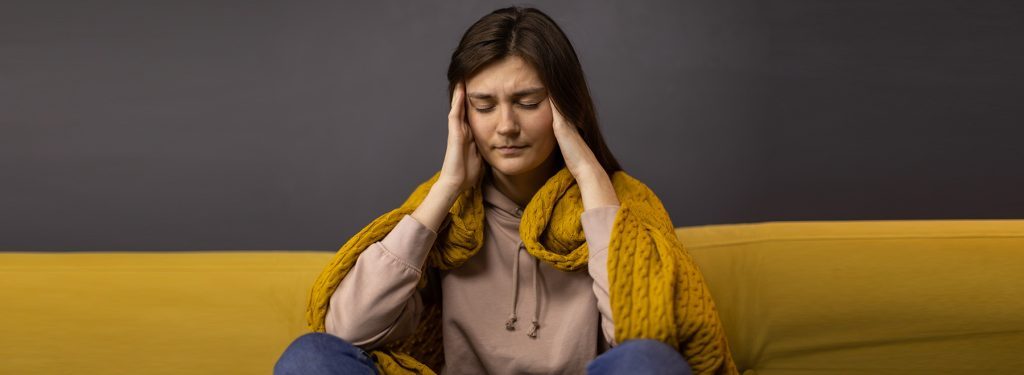
What Are Some Alternative Treatments for Anxiety Disorder?
While some people choose to consult a psychiatrist and opt for psychiatric medications to deal with the symptoms of anxiety disorders, some individuals invest their faith in some other alternative treatments for anxiety.
These alternative treatments include a holistic approach, mindfulness, exercises, counseling, herbal medications, deep breathing techniques, and more. This article aims to educate you about these alternative treatments that are known to be effective in reducing the symptoms of anxiety disorder.
Counseling & Therapy
Counseling & therapy are known as an effective remedy for all anxiety patients. While medications often provide temporary solutions, some effective sessions of therapy can resolve the issue from its root. Counseling aims to focus on bringing more insights to a patient and then helping the patient to spot the root cause of their anxiety. Counseling turns out to be more effective at the beginning stage of anxiety disorder.
However, if counseling fails to provide a desirable result, one might seek therapy sessions. These sessions include Cognitive Behavioral, exposure, talk, and interpersonal therapy. If continued without any disruption, this therapy treatment often leads to a proper recovery. Sometimes, a patient discontinues their therapy sessions, and as a result, anxiety symptoms keep coming back. Hence, if you seek a permanent and desirable result from your therapy and counseling sessions, you must be patient and have faith in the process.
Mindfulness
In recent years, mindfulness has gained major acceptance as an effective remedy for anxiety disorders. Mindfulness aims to improve the calmness level in a patient by investing their focus on the present events. It encourages an anxious patient to focus on the present moment without worrying about the future. Research evidence has shown that regular practices of mindfulness can erase the difficult anxiety symptoms in a patient. It helps the patient control their worries, thoughts, and fears.
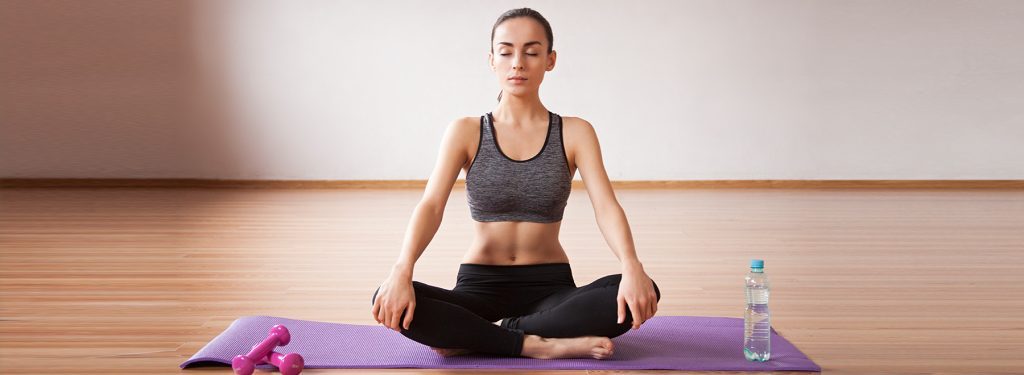
Yoga and exercises
Practicing yoga and some cardio exercises in the early morning hours helps to effectively limit your anxiety symptoms. Yoga has a calming power. It can make you feel relaxed. Furthermore, practicing yoga in the early morning improves the stimulation of happy hormones like serotonin and dopamine, which have a major contribution to erasing anxiety symptoms.
Likewise, cardio exercises are quite effective in curing anxiety disorder if one practices them regularly. Such cardio sessions make one feel more energized, positive, and calm. They also encourage the production of happy hormones, eventually reducing anxiety symptoms without any side effects.
Meditation
Mediation is one of the most powerful alternative treatments for anxiety. It encourages people to fight their anxiety symptoms holistically. Mediation requires you to focus on a single object and invest all your energy in that particular object. This method helps to control your anxiety level by calming down your brain.
Practicing meditation in the early morning reduces restlessness and improves your focus. Furthermore, it clears your brain by reducing those irrational thoughts.
Healthy eating & lifestyle changes
Some dietary changes and lifestyle improvements can be game changers. Consumption of healthy foods like vegetables, omega-3 fatty acids, and fresh vegetables can improve brain function and reduce anxiety symptoms. Furthermore, be strict about caffeine intake. Too much caffeine keeps your brain active and interrupts your brain’s resting time. Hence, one must be careful about caffeine consumption.
Such small yet healthy lifestyle changes can bring permanent positive change to your life and help you lead an anxiety-free, balanced life. However, to get the best results, one should remain consistent in this healthy lifestyle journey.
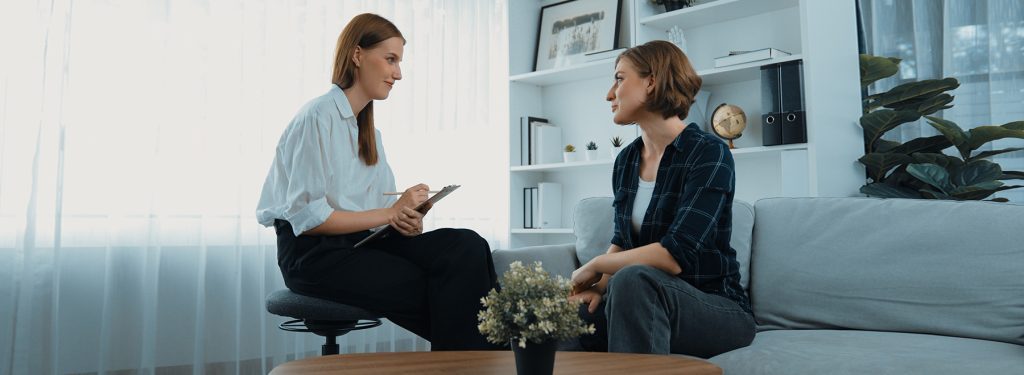
Exposure therapy
Exposure therapy aims to reduce your fear, worry, and anxiety by gradually exposing you to those fear-triggering events and objects. This therapy session must be performed under a professional’s supervision. According to the research evidence, exposure therapy works best for people with Post-traumatic Stress Disorder. This therapy reduces anxiety by making the patients capable of facing fear-triggering stimuli.
However, if not performed by a professional therapist, this therapy can cause serious side effects. Also, it might take months to produce the desired result. Hence, one must keep one’s patience level high and trust one’s therapist.
Engage in Some Productive Activities
Engaging in productive activities is a natural yet effective way to control your anxiety. If you are passionate about writing, let’s build a habit of writing regularly. Likewise, Practicing painting, reading, and singing can positively distract your mind. A productively engaged or distracted mind is less likely to worry.
Hence, mental health professionals encourage every person with anxiety to devote adequate time to doing things that they are passionate about. Such positive habits can effectively reduce your anxiety symptoms.

Final Take
We believe that anxiety disorders are curable if treated with the right approach. However, treatments that work for one person might not be effective for you. So, it’s best to consult a mental health professional for a personalized treatment session. Also, you are free to explore the above-listed alternative treatments for anxiety. Remember to be patient and stay gentle to yourself to see a long-term positive result.
Follow World of Heal for the latest in health and wellness. We offer exciting guest posting options—email us at affiliates[@]prasarnet[.]com for more!
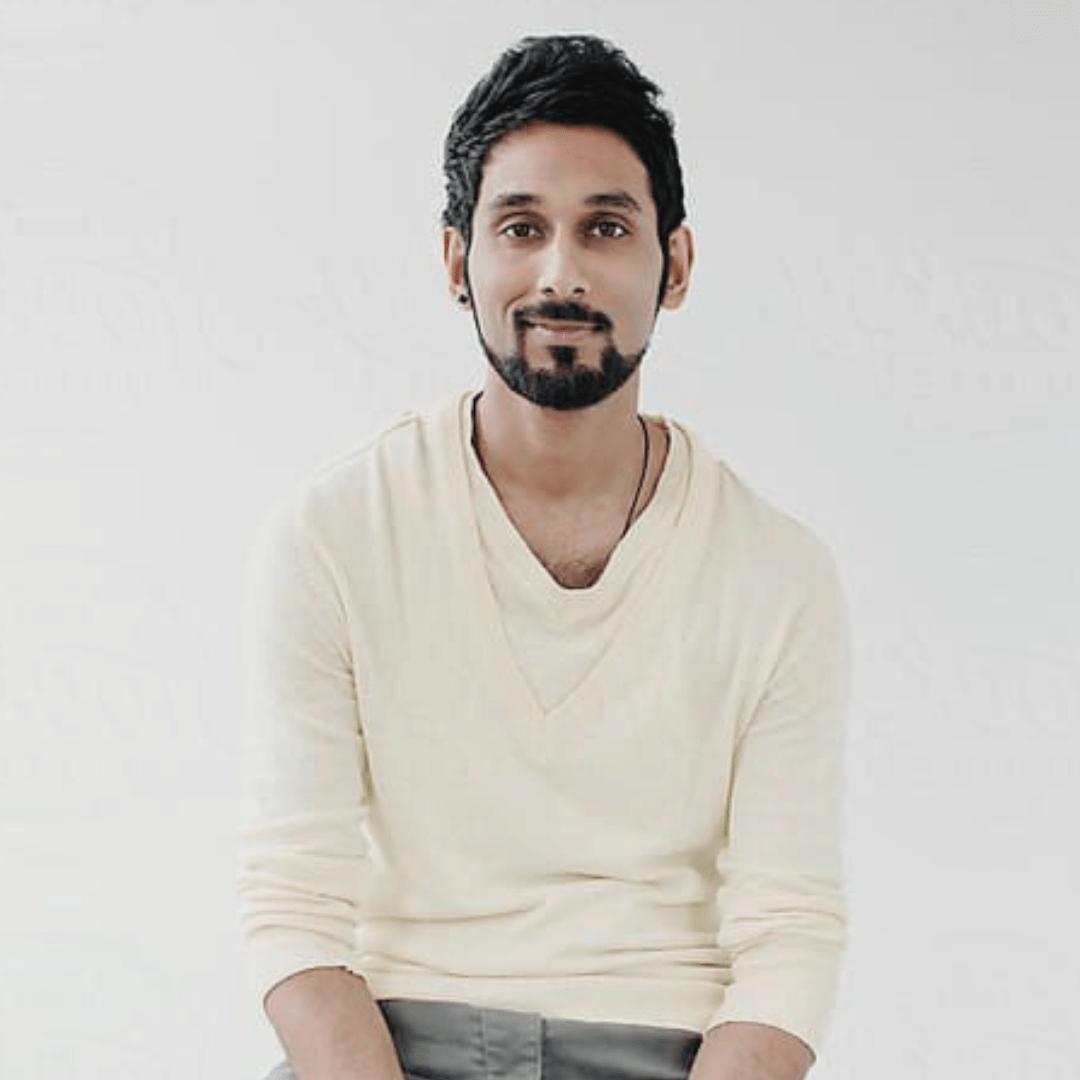
Vicky collaborates closely with doctors, scientists, and professionals in the medical and pharmaceutical industries. Having worked with SBU Community Clinic in the USA, he is dynamic in writing and publishing health-related guest blogging services, offering valuable insights in the healthcare field.



